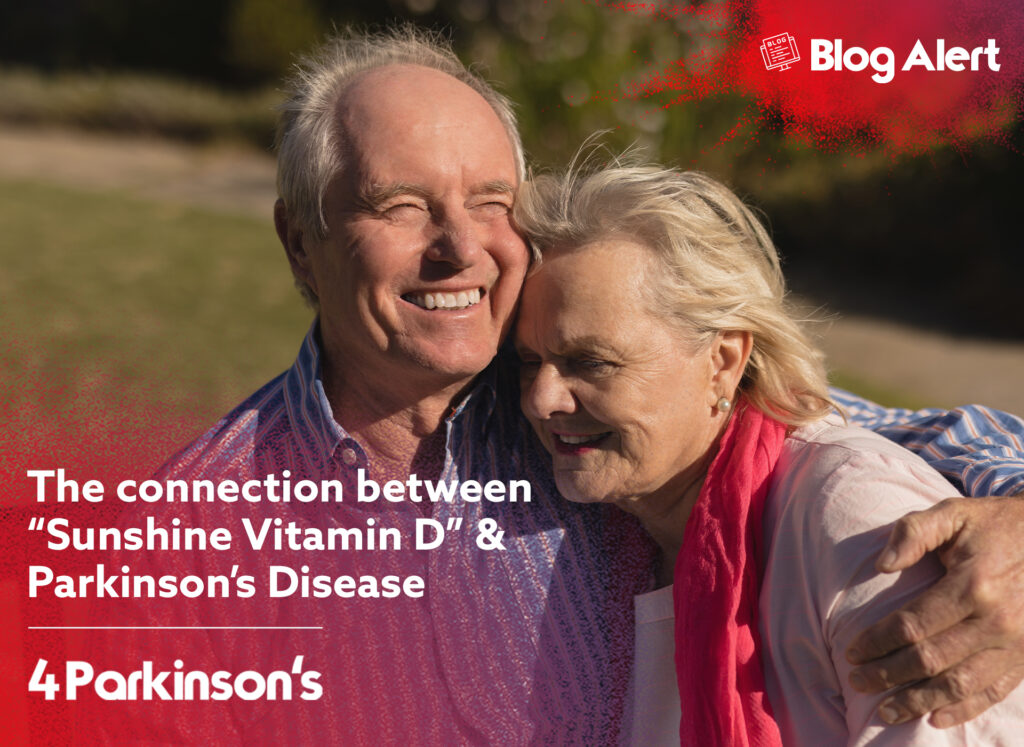
Parkinson's disease is one of the most prevalent neurological conditions, primarily affecting the elderly. As individuals age, they exhibit symptoms such as tremors, difficulties with balance, and slowed movements, which gradually worsen over time. This progression often leads to osteoporosis, osteopenia, and an increased risk of fractures. These symptoms are directly related to reduced bone density, highlighting the significance of vitamin D in the disease's development and progression. Moreover, the researches indicate that individuals with Parkinson's disease often exhibit significant deficiencies in vitamin D3. Vitamin D plays a crucial role in regulating mood and maintaining the health of nerves and the brain.
Vitamin D3 acts as a powerful antioxidant, enhancing the body's expression of glutathione, which helps combat free radicals. Moreover, it regulates nerve growth factor (NGF), a key player in maintaining the proper functioning of the nervous system. NGF influences neuronal plasticity and transmission, meaning that a deficiency in vitamin D3 can impair normal nerve function.

How Adequate Vitamin D Levels Can Aid in Preventing Parkinson's Disease
According to a 2019 case-control study published in The Egyptian Journal of Neurology, Psychiatry and Neurosurgery, researchers discovered notable associations between vitamin D status and motor and cognitive function in individuals with Parkinson's disease.
Lower levels of vitamin D were correlated with diminished performance in:
On the other hand, higher levels of vitamin D were linked to improved performance in:
Decreased risk of developing Parkinson's disease
A comprehensive review of 20 studies[4] has revealed that individuals with higher Vitamin D levels have shown a decreased risk of developing Parkinson's disease. This can be attributed to its ability to exhibit neuroprotective effects through various mechanisms such as antioxidation, neuronal Calcium regulation, immune system modulation, enhanced nerve conduction, and detoxification processes.
Notably, the substantia nigra, the brain region most affected by Parkinson's disease, contains high levels of vitamin D receptors and an enzyme responsible for the formation of the active form of vitamin D, known as 1,25-dihydroxy vitamin D. This suggests that a chronic deficiency of vitamin D may contribute to the loss of dopaminergic neurons in the substantia nigra and further the development of Parkinson's disease.
Vitamin D could exert its neuroprotective role through astrocytes.
Another study on the effects of Vitamin D on Parkinson's disease, “Astrocytes expressing Vitamin D-activating enzyme identify Parkinson’s disease,” was published in CNS Neuroscience & Therapeutics.
Astrocytes, abundant cells in the brain, play a significant role in Parkinson's disease. While they can help break down alpha-synuclein clumps, they can also become neurotoxic and contribute to further neurodegeneration when they undergo inflammatory and metabolic changes.
Vitamin D has been found to have neuroprotective effects, but the underlying mechanisms still need to be better understood. Parkinson's patients often have lower levels of vitamin D, especially those with severe symptoms and cognitive issues. Genetic changes in the vitamin D receptor gene have also been linked to an increased risk of developing the disease.
To investigate the role of vitamin D in Parkinson's disease, the researchers analysed brain tissue samples from Parkinson's patients and unaffected controls. They focused on the enzymes involved in vitamin D activation, the breakdown, and its receptor.
This study, similar to the previous research, also emphasised the connection between the substantia nigra, a brain region affected by Parkinson's, and the significantly reduced vitamin D activation compared to the control group. Parkinson's patients also had more astrocytes expressing the vitamin D-activating enzyme in affected brain regions.
Further analysis revealed that these astrocytes showed neuroprotective features and were able to uptake and break down toxic alpha-synuclein aggregates. Patients without dementia had a higher proportion of these astrocytes in the frontal cortex, a brain area involved in cognitive functions.
The findings suggest that activating the vitamin D pathway in astrocytes may prevent their neurotoxic transformation and contribute to neuroprotection in Parkinson's disease.
However, further studies are needed to confirm these findings and better understand the mechanisms underlying vitamin D's neuroprotective effects in Parkinson's, which could lead to new therapeutic approaches.

Sunsational Vitamin D!
This essential nutrient, often referred to as the "sunshine vitamin," has the potential to brighten the lives of those with Parkinson’s. As June has arrived and the summer season begins, it is the perfect time to make the most of this sunlight and harness its benefits. Exposure to sunlight is a primary source of vitamin D3, with its effects lasting approximately 2-3 months. Consequently, people tend to be more prone to deficiencies during the winter season. To safeguard brain health, it is crucial to have your vitamin D levels tested regularly. Protecting the health of your brain and nervous system can reduce the risk of developing Parkinson's disease later in life. It is highly beneficial to actively monitor and maintain optimal vitamin D levels to prevent depletion. While sunlight exposure and consuming fatty fish can be a good starting point for maintaining vitamin D levels, supplementation with vitamin D3, typically ranging from 1000 to 2000 IU daily, can be helpful when levels are low. It's important to note that when taking vitamin D supplements, the presence of vitamin A has been observed to reduce the vitamin D level in the body. Therefore, it is not advisable to supplement with vitamin A when vitamin D is deficient. If you are not required to increase vitamin A, it might be better to temporarily discontinue its use until your vitamin D levels reach satisfactory.
Join our community in spreading hope and strength. Tell us your unique journey with Parkinson's to uplift and empower others.